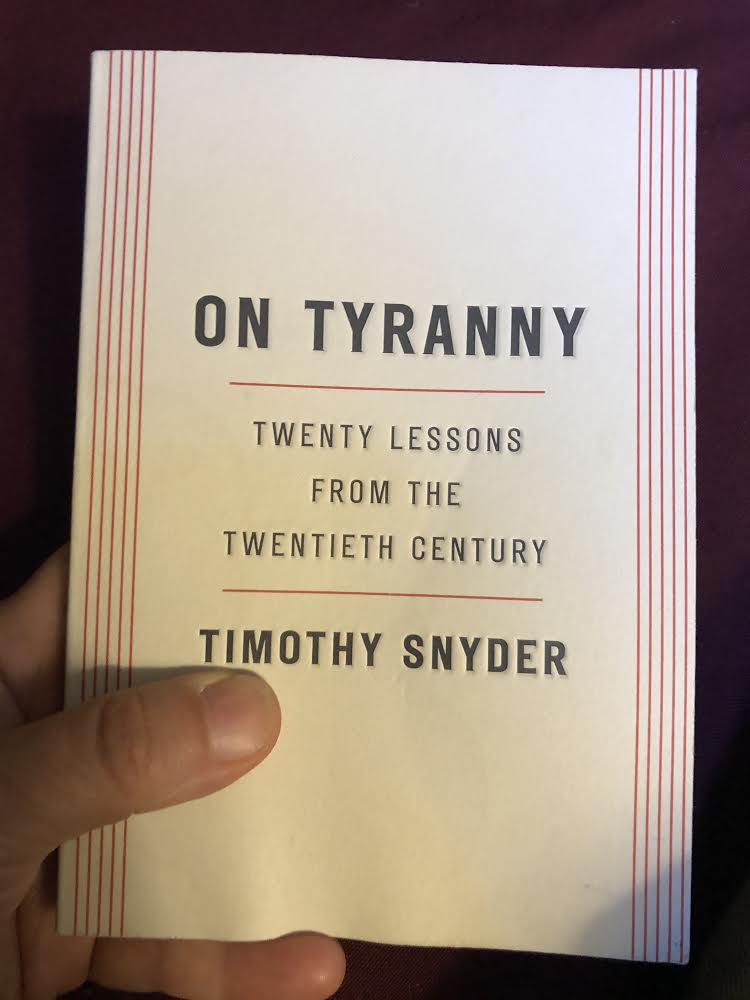It’s the middle of the night. I wish I could say that it’s close to dawn, but it’s nowhere near. The darkness is complete, and I’m sitting in it.
I’m thinking about the state of our nation, and I’m worried. What pulled me out of sleep–again–like on so many other recent nights? Was it the death of Congressman John Lewis and the images of his casket being carried by horse and wagon across the Edmund Pettus Bridge? Was it the horrifying scenes from Portland, OR of peaceful demonstrators being tear gassed by our own government? Was it the 146,000 Americans who’ve died from COVID-19 while the president lies, blames others, and plays another round of golf? Or could it be the absurd emails I receive about how wearing a mask is actually really harmful to your health? Or maybe it’s just the simple, astounding fact that somewhere around 45% of American voters tell pollsters they approve of the job that Trump’s doing. That last bit is certainly more than enough to disrupt sleep.
How can anyone watch a speech by our president and conclude that: 1.) he’s in his right mind 2.) is not a complete narcissist 3.) gives a damn about us AND 4.) should be reelected? His “press” conferences have been a national embarrassment for years, but they’ve recently reached a new level of absurdity. If you missed the stupid truck stunt of last week in the Rose Garden or didn’t hear his bizarro speech about shower heads, well, count yourself as really lucky. Because that was some seriously strange stuff. This was not a mattress salesman from the Bronx or some dude from Yonkers hawking cheap electronics. This was our president.
How did we get here?
We talk a lot about politics in our house, and my children want to understand how so many Americans can’t see through this huckster. Our recent dinner conversations have me wondering: How does propaganda work? Why are some people more susceptible to disinformation and propaganda? Who are these people? And how do I make sure that I don’t ever become one of these sorry souls?
What I’ve learned so far is that there are essentially two camps of thinking on this issue. One believes that what prevents people from seeing through propaganda is that our ability to reason takes a backseat to our partisan convictions. In other words, we rationalize and we see what we want to see in the information provided. The other camp believes that what’s really at play is that people who are more susceptible to propaganda fail to use their critical thinking skills. Said another way, they are mentally lazy.
In a 2019 op-ed in the New York Times, psychologists Gordon Pennycook and David Rand argue that although they generally fall into the second camp, they believe that those who fall for propaganda are usually impacted by both phenomena. So, we must be aware of our political bias and cultivate excellent critical thinking skills.
What do I mean by that? Pennycook and Rand ran studies in which people of various political persuasions weighed in on whether they believed news stories simply by looking at the headlines. Before having the participants run through the headline exercise, they asked participants to take a cognitive reflection test–one that is often used in psychology and behavioral economics. This test indicates if a participant engages in careful reasoning or simply “goes with their gut.” They found that people who have a tendency to do more reflective reasoning were less likely to be swayed by disinformation–even if the headline reinforces their underlying political views.
So, there’s hope. As Pennycook and Rand say, “Reason is not always, or even typically, held captive by our partisan biases. In many cases, it seems, reason does promote the formation of accurate beliefs.” Cultivating our reasoning abilities must be part of the work we all do as citizens, and we need to promote this critical work in our families and communities.
My first modest goals in the service of this ideal is to stop sharing articles I’ve only skimmed and to stop indicating my support for an article after I’ve only read the headline or merely glanced at the article or its pictures. Reflective reasoning takes time, yes. But I’m starting to feel like our democracy literally depends on working these muscles with diligence and fervor.
